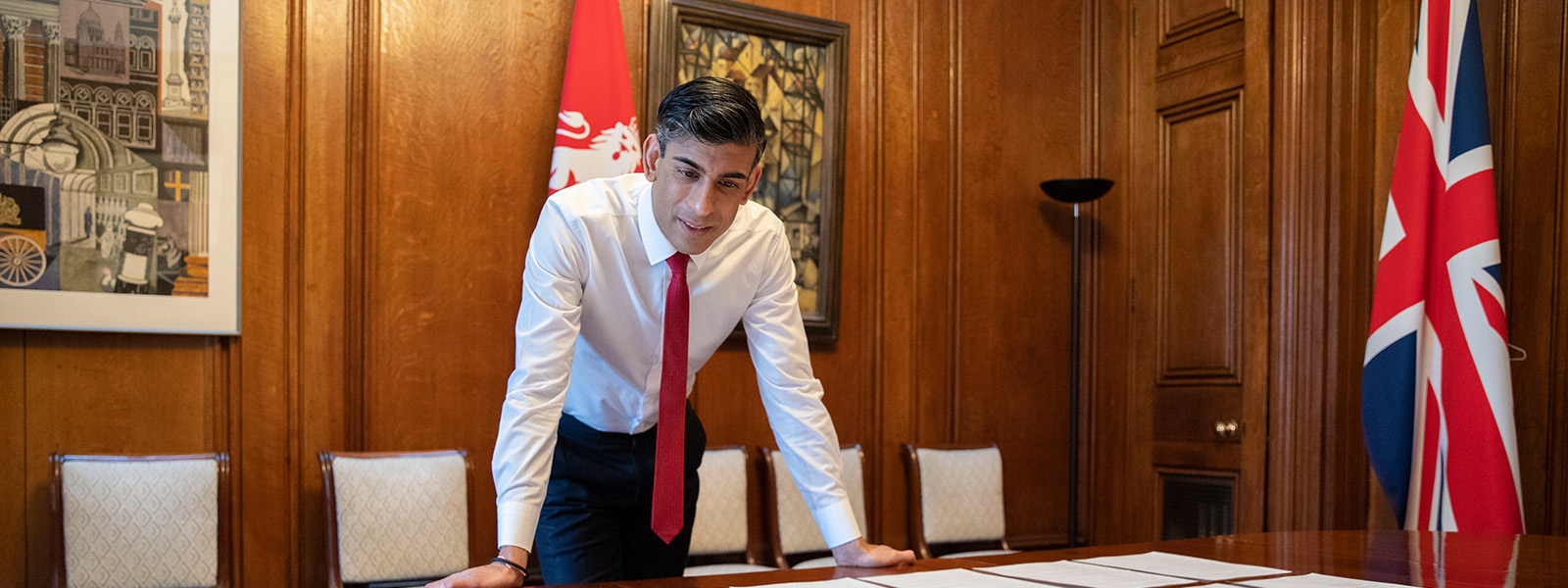All eyes were on the Chancellor’s Spring Statement and how it might be used to alleviate growing cost-of-living and doing-business and inflationary pressures, exacerbated by the ongoing war in Ukraine. The statement comes on the same day as the Office for National Statistics (ONS) announced that inflation had reached 6.2% in February with food, fuel and energy costs all rising rapidly. Costs that will hit the poorest households hardest, many of whom are already in fuel poverty. This picture does not look set to improve in the short-term with the Bank of England predicting inflation will rise to 8% in April (when the energy price cap comes into force), and potentially into double digits by the Autumn, with the Office for Budget Responsibility (OBR) reporting that most UK households will suffer a substantial drop in real disposable income as a combined result of falling real take-home wages and rising prices.
In the statement, the Chancellor announced the following measures aimed at easing the impacts of the current cost-of-living and energy crises. These go beyond the £9bn package of measures announced in February 2022 and include:
- A cut in fuel duty by 5p on the litre for the next 12 months.
- Cutting all VAT on energy improvement products like energy efficiency materials and solar panels for the next 5 years.
- Doubling the Household Support Fund to £1bn, an increase of £500m, which will continue to be delivered through Local Authorities and support vulnerable household in England.
- Raising the income threshold where National Insurance is paid to equalise with that for income tax to £12,500, from July 2023.
The latter is set in the context of the Chancellor resisting calls to scrap the planned National Insurance hikes in April, instead announcing what equates to a £3000 rise in the National Insurance threshold coming into effect a few months later (followed, but not until 2024, with a reduction in the basic rate of income tax from 20% to 19%). The Chancellor also pre-announced a number of measures designed to help improve productivity across the economy, with more details to come in the autumn statement.
In response to the Spring Statement, the University of Strathclyde’s Centre for Energy (CEP) Policy Director Professor Karen Turner said:
“The 5p per litre reduction in fuel duty for the year to March 2023 is welcome, as it will not only cushion the rising costs to people of filling up their cars and driving the miles they need (for work, family and social commitments, and leisure) but also help limit rising transport costs for all goods and services. The latter may be the key thing for households that do not have access to cars, and/or do not drive much. However, given how much prices at the pumps have risen, the relief will only go a little way to alleviating the impacts of high fuel costs on businesses and households.
“The extension of VAT relief to home insulation materials/costs is a welcome step in reducing the up-front or financed costs of energy efficiency projects in all types of homes. However, in his full budget in the Autumn, we hope that the Chancellor will revisit the challenge of supporting and incentivising people in actually undertaking retrofitting and other projects through further public support and investment. Moreover, to build the confidence and business plans that will allow supply chains and new regional and national industry to build up around delivering the scale of energy efficiency improvements we need in our housing stock, we would urge him to announce long term commitment to what is required to move most UK households to EPC C or above.
“Perhaps the key announcement today for working lower income households struggling with energy bills and the wider cost of living is the move to increase the income threshold for National Insurance. However, the net impact of this and the NI rate raise (from April) may still be negative for many low-to-middle income working households. With energy bills and further cost of living challenges only expected to get worse over the coming year, more targeted support will inevitably be needed to protect those least able-to-pay."
“Although the Chancellor gave a pre-announcement of various measures to improve productivity, perhaps one thing generally lacking today was attention to what more can be done to enable commercially viable decarbonisation in the wider business sector. This is crucial if costs involved are to be buffered and offset in terms of what transmits through to the prices paid by consumers. We hope more attention to that side of the equation will be given in the Energy Security statement expected next week and in the full budget in the autumn.”
Listen to Professor Karen Turner on the cost of living crisis, energy security and implications for net zero on BBC Newscast Podcast.
Read more analysis in recent blogs.
Image credit: HM Treasury, CC-BY-NC-ND 2.0, flickr.com
